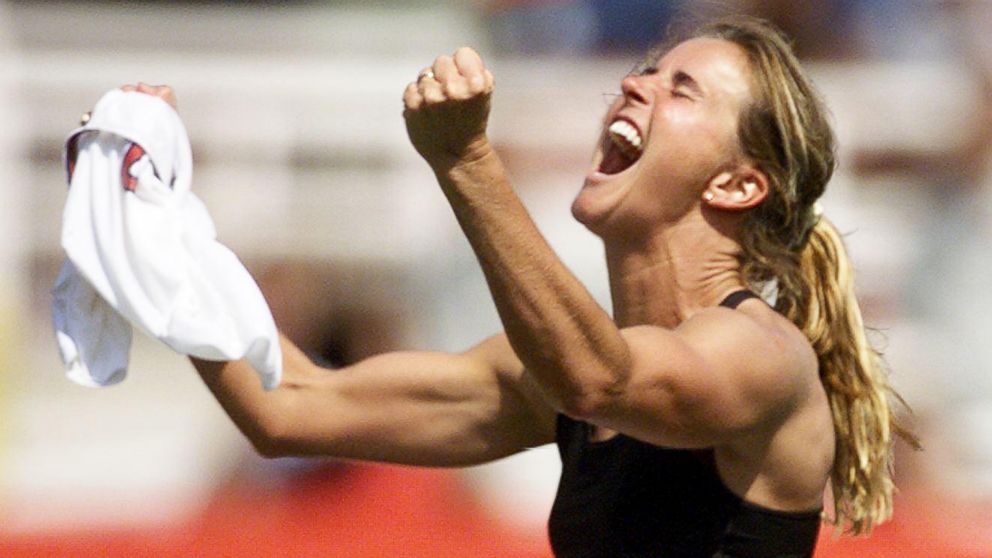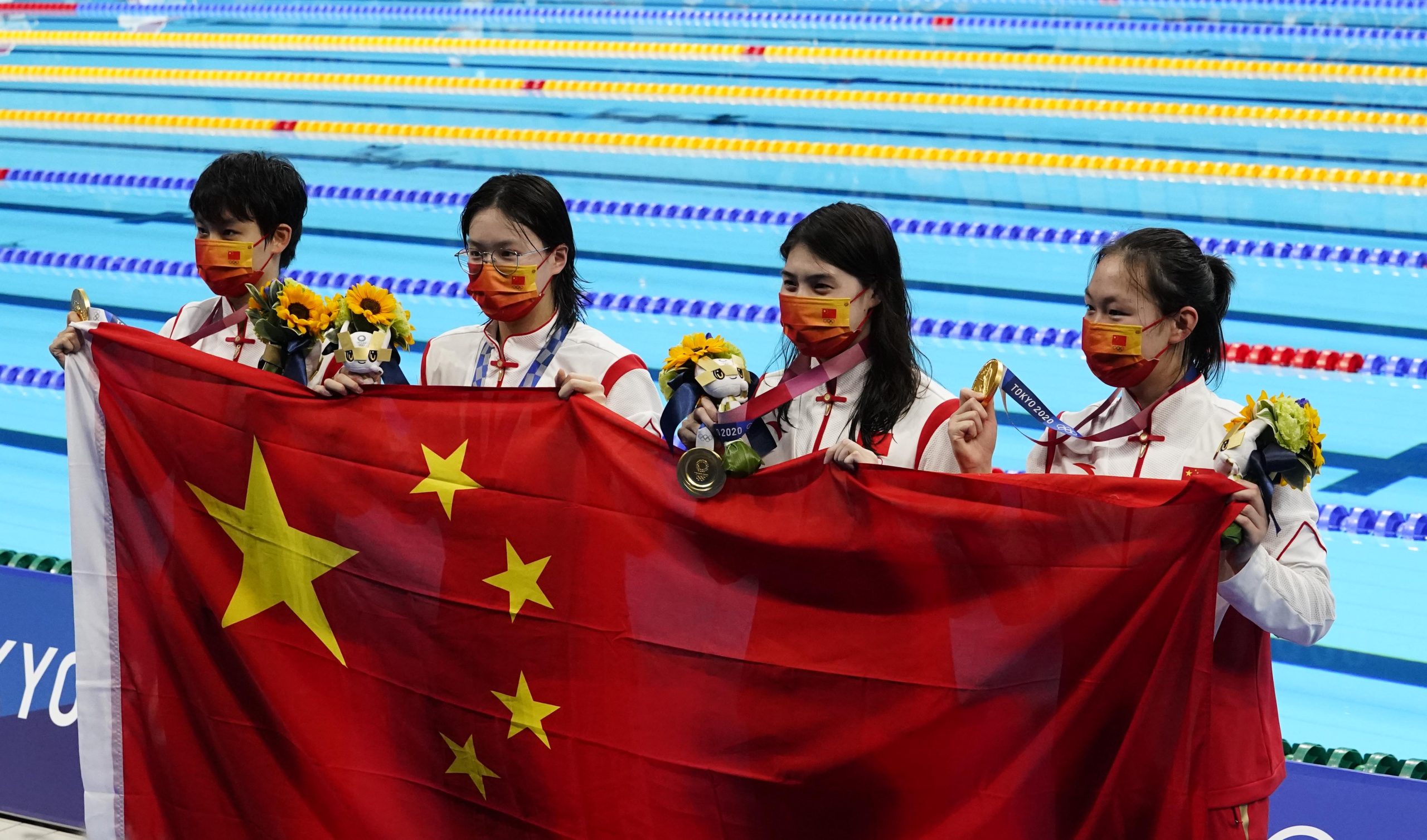Scientists studying the effects of CTE in professional athletes scored two big victories for future research in the last two days. Retired women’s soccer star Brandi Chastain, best known for her 1999 World-Cup-clinching goal and subsequent celebration, and WWE Hall of Famer Kevin Nash have both revealed they will be donating their brains for study following their deaths.
Chastain, 47, will donate her brain to researchers at Boston University, one of the pioneering institutes of concussion related study, to help understand the effects of soccer on female players. CTE has already been found in male soccer players, but has yet to be discovered in the brains of any female athletes.
Chastain joins fellow U.S. national team member Cindy Parlowe Cone in donating her brain for study, and both have also advocated for a reduction in heading the ball in youth soccer.
Meanwhile, Nash, 56, will also donate his brain to Boston University and the Concussion Legacy foundation, which is run by fellow former WWE wrestler Chris Nowinski. Nash told ESPN he made the decision to donate his brain six or seven years ago after years of repeated concussions as a professional wrestler.
“Chris Nowinski started the program, and I’ve had several concussions throughout my life and had scans done and stuff and knew that somewhere down the line, I’ve already had short-term memory problems,” Nash said. “I decided to go ahead. The only way you can diagnose this is after you’re dead.
“I went ahead and gave my spinal cord and my brain to the study, and I carry a card in my wallet that my brain and spine goes to them. It’s in my will. Of course, my wife’s aware of it.”
ESPN also reports Nash is a part of a study that involves more than 500 former professional athletes designed to track the effects of concussions in living subjects. As of now, CTE can only be detected posthumously.
Nowinski applauded Nash and others for their donations to the study of concussions.
“It’s so powerful when icons like Kevin Nash are willing to pledge their brain for research and talk about it publicly,” Nowinski told ESPN.com “Brain donation is really driving our growing knowledge of CTE and the long-term effects of brain trauma. And so I’m hoping that we solve this problem before Kevin’s time comes, but Kevin announcing this means that other families are aware that this research is important and that if they lose somebody, they may think of the concussion legacy foundation.”
Concussions affect more than just football players, and this research could provide necessary insight into their effects on athletes from all corners of sport.
[Photo: Getty Images]







